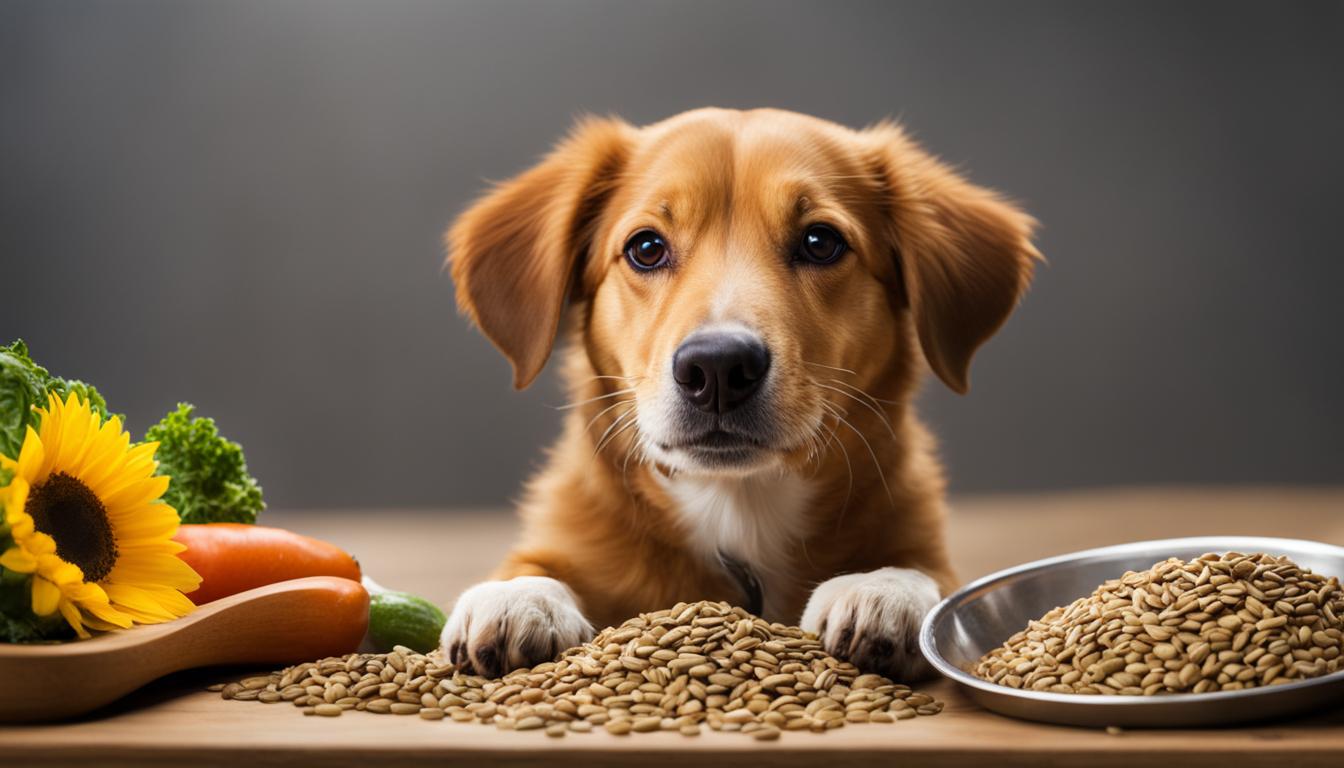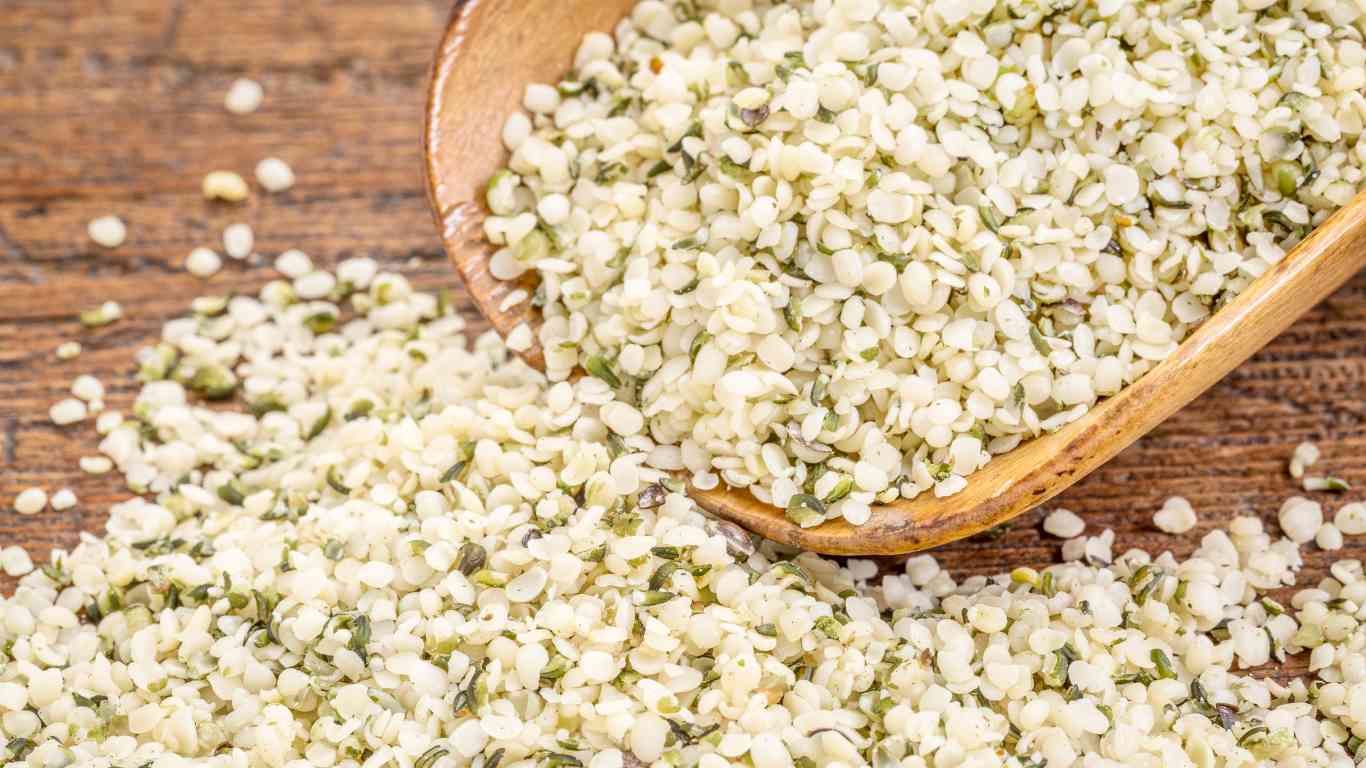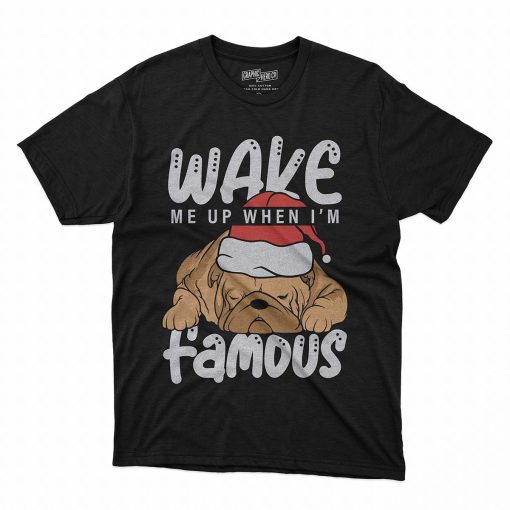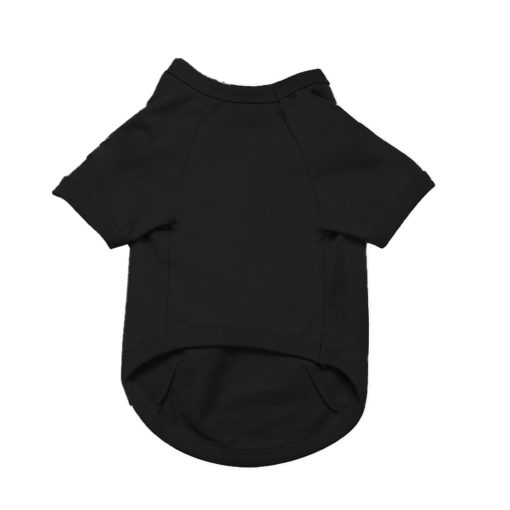Can Dogs Eat Sunflower Seeds? Uncovering the Nutritional Benefits and Risks.
Sunflower seeds can be a healthy and nutritious snack for dogs when given in moderation. Many pet owners wonder, “Can dogs eat sunflower seeds?” The answer is yes, but it’s important to understand the nutritional benefits and risks involved. Sunflower seeds are rich in vitamins, minerals, and healthy fats that can benefit a dog’s skin, coat, and overall health. However, there are also potential risks associated with feeding sunflower seeds to dogs, such as salt toxicity, digestive issues, and choking hazards.
When deciding whether to feed sunflower seeds to your canine companion, it’s crucial to proceed with caution and take necessary precautions.
Can Dogs Eat Sunflower Seeds? Your Answers:
- Sunflower seeds can be a healthy snack for dogs when given in moderation.
- They are rich in vitamins, minerals, and healthy fats that benefit a dog’s skin, coat, and overall health.
- Feeding unsalted, shelled sunflower seeds is essential to avoid salt toxicity and digestive issues.
- Sunflower seed shells should be avoided to prevent choking hazards and digestive obstructions.
- Consulting with a veterinarian is critical to ensure sunflower seeds are suitable for your dog’s specific needs.
Are Sunflower Seeds Good for Dogs?
Sunflower seeds are not only a popular snack for humans but also offer a range of benefits for dogs. These small seeds are packed with essential nutrients that can contribute to your dog’s overall health and well-being.
One of the key advantages of sunflower seeds is their high nutritional content. They are an excellent source of protein, which is crucial for muscle growth and repair. Additionally, sunflower seeds provide a good amount of dietary fiber, promoting healthy digestion and bowel regularity for your furry friend.
Moreover, sunflower seeds are rich in healthy fats, including omega-6 fatty acids, which are important for maintaining healthy skin and a shiny coat. These fatty acids can also support cardiovascular health and reduce inflammation in dogs.
Another key nutrient found in sunflower seeds is Vitamin E. This powerful antioxidant plays a vital role in supporting your dog’s immune system, protecting their cells from free radicals, and reducing the risk of chronic diseases.
Moreover to Vitamin E, sunflower seeds contain other essential vitamins and minerals that contribute to your dog’s well-being. These include:
| Nutrient | Role in Dog’s Health |
|---|---|
| Vitamin B1 (Thiamine) | Supports proper nerve function and metabolism. |
| Vitamin B6 (Pyridoxine) | Helps in the production of red blood cells and supports brain development. |
| Vitamin B3 (Niacin) | Aids in energy production and promotes a healthy nervous system. |
| Selenium | Acts as an antioxidant and contributes to thyroid health. |
| Copper | Supports the production of collagen and red blood cells. |
| Manganese | Plays a role in bone health, collagen production, and metabolism. |
While sunflower seeds offer many benefits, it is important to note that they should be given to dogs in moderation. A dog’s regular diet should already provide all the necessary nutrients, and sunflower seeds should be treated as an occasional snack rather than a daily staple.
Now that we’ve explored the benefits of sunflower seeds for dogs, let’s move on to learn how to properly incorporate them into your dog’s diet in the next section.
Wake Me Up When I’m Famous Dog Lover T Shirt
Make a statement with our Wake Me Up When I’m Famous Dog Lover T Shirt! Its bold design is sure to inspire playful conversations about your four-legged best friend and attract looks off admiration from fellow dog lovers. Crafted from premium fabric, this t-shirt is soft to the touch and comfortable to wear all day….
How Should I Feed My Dog Sunflower Seeds?
When it comes to feeding sunflower seeds to your dog, moderation is key. These nutritious seeds should be given as an occasional treat rather than a regular part of their diet. To ensure your furry friend enjoys the benefits of sunflower seeds without any negative effects, follow these feeding guidelines:
- Consult with a veterinarian: Before introducing sunflower seeds to your dog’s diet, it’s important to consult with a veterinarian. They can provide personalized advice based on your dog’s specific needs and health conditions.
- Feed in moderation: Small dogs can have ten to 20 sunflower seeds per week, while large dogs can have up to 40 seeds per week. This allows them to enjoy the nutritional benefits without overdoing it.
- Stick to shelled seeds: Always feed your dog shelled sunflower seeds. The shells can be difficult to digest and pose a choking hazard.
- Avoid salted seeds: Packaged salted sunflower seeds should be avoided as they can contain excessive salt content. High levels of salt can be harmful to dogs and may lead to health issues.
By following these feeding guidelines, you can ensure your dog safely enjoys the occasional treat of sunflower seeds while reaping the benefits they provide.
| Dog Size | Number of Sunflower Seeds per Week |
|---|---|
| Small | 10-20 |
| Large | Up to 40 |

Risks of Feeding My Dog Sunflower Seeds
Feeding your dog sunflower seed shells can pose several risks to their health. The shells are hard and indigestible, which can lead to blockages or obstructions in the digestive tract. This can result in abdominal pain, diarrhea, vomiting, and even choking. It is crucial to only feed dogs shelled sunflower seeds to prevent these potential digestive issues and choking hazards.
Another risk to be aware of is the consumption of packaged salted sunflower seeds. These seeds often contain a high salt content, which can be toxic to dogs and cause a condition known as salt toxicosis. Symptoms of salt toxicosis include muscle tremors, weakness, and gastroenteritis. It is best to avoid giving your dog salted sunflower seeds altogether to keep them safe from these harmful effects.
In addition to these risks, it’s important to consider the quantity of sunflower seeds you feed your dog. Feeding excessive amounts of sunflower seeds can lead to gastrointestinal upset and even pancreatitis, especially in dogs with sensitive stomachs. It’s crucial to provide sunflower seeds in moderation and as an occasional treat, rather than as a regular part of their diet.
| Risks of Feeding Sunflower Seeds to Dogs | Precautions |
|---|---|
| Hard and indigestible shells | Feed only shelled sunflower seeds |
| Choking hazards | Avoid feeding sunflower seed shells |
| Salt toxicosis | Avoid salted sunflower seeds |
| Gastrointestinal upset | Feed sunflower seeds in moderation |
| Pancreatitis | Avoid excessive consumption |
By being aware of these risks and taking appropriate precautions, you can ensure the safety of your dog when feeding them sunflower seeds.
Personalized Dog T Shirt
Dress your beloved pet in style with our Personalized Dog T Shirt! Available in three classic colors—crisp white, elegant black, and vibrant red—this Dog T Shirt is perfect for pets of all sizes. Whether you’re taking a stroll in the park or attending a pet-friendly event, your furry friend will look dapper and feel comfortable….
Digestive Issues from Sunflower Seeds and Choking Hazard
Feeding dogs sunflower seed shells can cause digestive issues such as blockages, abdominal pain, diarrhea, vomiting, and choking. To prevent these risks, it is important to only feed dogs shelled sunflower seeds and avoid feeding them the hard and indigestible shells.
Feeding your dog sunflower seed shells can be extremely dangerous, leading to blockages and choking hazards. Always remember to provide only shelled sunflower seeds to your furry friend.Additionally, packaged salted sunflower seeds should be avoided due to their high salt content, which can be toxic to dogs and cause salt toxicosis. This condition can lead to muscle tremors, weakness, and gastroenteritis. It is advisable to opt for unsalted sunflower seeds to ensure the safety and well-being of your canine companion.
Feeding excessive amounts of sunflower seeds can also result in gastrointestinal upset and pancreatitis, especially in dogs with sensitive stomachs. It is crucial to exercise moderation and offer sunflower seeds as an occasional treat rather than a staple in their diet.

Other Safe Seed Alternatives for Dogs
If you’re looking for alternative seeds to feed your dog, there are several safe options. These seeds provide a variety of nutrients that can benefit your dog’s health and well-being. Take a look at some of the alternatives to sunflower seeds for dogs:
Pumpkin Seeds for Dogs
Pumpkin seeds are not only delicious but also nutritious for dogs. They are rich in minerals such as zinc, iron, and magnesium, which are essential for overall health. Additionally, pumpkin seeds contain protein and have anti-inflammatory properties that can support your dog’s immune system and promote healthy skin and coat.
Flaxseeds for Dogs
Flaxseeds are another excellent alternative to sunflower seeds for dogs. They are a great source of omega-3 fatty acids, which are beneficial for joint mobility and promoting a healthy coat. Omega-3 fatty acids also have anti-inflammatory properties that can help alleviate symptoms of arthritis and other inflammatory conditions.
Chia Seeds for Dogs
Chia seeds are high in dietary fiber, which can improve digestion in dogs. They can help regulate bowel movements and promote better overall gastrointestinal health. Including chia seeds in your dog’s diet can contribute to a healthy digestive system.
Hemp Hearts for Dogs
Hemp hearts are packed with essential amino acids, which are the building blocks of proteins. These amino acids support muscle development and help maintain a strong immune system in dogs. Hemp hearts can be a valuable addition to your dog’s diet, providing them with vital nutrients.
Remember, before introducing any new foods to your dog’s diet, it’s important to consult with a veterinarian to ensure it’s suitable for their specific needs. Every dog is different, and professional guidance can help you make the best decisions for your furry friend.

Final Thoughts
Feeding sunflower seeds to dogs can be a responsible and nutritious choice for their diet. These seeds are rich in essential vitamins, minerals, and healthy fats that can contribute to your dog’s overall well-being. However, it is important to ensure that you feed them responsibly and take certain precautions to avoid any potential risks.
To safely incorporate sunflower seeds into your dog’s diet, opt for unsalted and shelled seeds. This helps prevent salt toxicity and digestive issues that might arise from consuming salted seeds or the indigestible shell. When introducing sunflower seeds, it is always advisable to consult with your veterinarian to ensure they are suitable for your dog’s specific needs and health conditions.
By following these guidelines and feeding sunflower seeds in moderation, you can provide your four-legged friend with a tasty and nutritious treat. Remember, responsible feeding practices contribute to the well-being and health of your beloved canine companion!
FAQ
Can dogs eat sunflower seeds?
Yes, dogs can eat sunflower seeds as a healthy and nutritious snack when given in moderation.
Are sunflower seeds good for dogs?
Sunflower seeds are packed with nutrients that can benefit a dog’s overall health. They are a good source of protein, fiber, healthy fats, and various vitamins and minerals.
How should I feed my dog sunflower seeds?
Sunflower seeds should be given to dogs in moderation and as an occasional treat. It’s important to consult with a veterinarian before adding sunflower seeds to a dog’s diet to ensure it’s suitable for their specific needs.
What are the risks of feeding my dog sunflower seeds?
Feeding sunflower seed shells to dogs can be dangerous, as they are hard and indigestible. Packaged salted sunflower seeds should also be avoided due to the high salt content. Feeding excessive amounts of sunflower seeds can lead to digestive issues and pancreatitis in dogs with sensitive stomachs.
What are some safe seed alternatives for dogs?
Pumpkin seeds, flaxseeds, chia seeds, and hemp hearts are all safe options to consider as alternatives to sunflower seeds for dogs. These seeds offer various health benefits and can be included in a dog’s diet with veterinarian approval.
Can sunflower seeds be included in a dog’s diet responsibly?
Yes, sunflower seeds can be included in a dog’s diet responsibly. It’s important to feed dogs unsalted, shelled sunflower seeds and to monitor their consumption to avoid any potential risks. Consulting with a veterinarian is recommended before adding sunflower seeds to a dog’s diet.
🎧 Never Miss a Drop
Exclusive product releases, hip-hop deep dives, and member-only discounts. Straight to your inbox.
Free forever. No spam. Unsubscribe anytime.

Get the Culture, Delivered
Deep dives into hip-hop history, exclusive product drops, and discounts sent straight to your inbox. No spam, just culture.
Join 2,000+ hip-hop heads already in the loop. Unsubscribe anytime.









